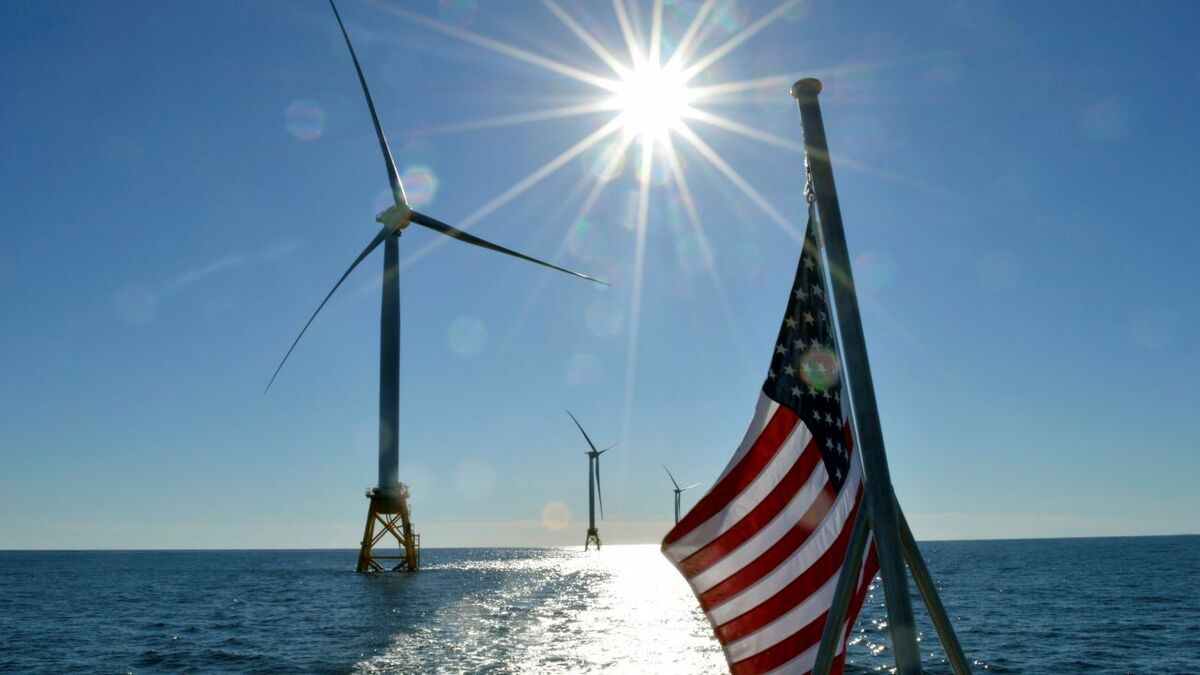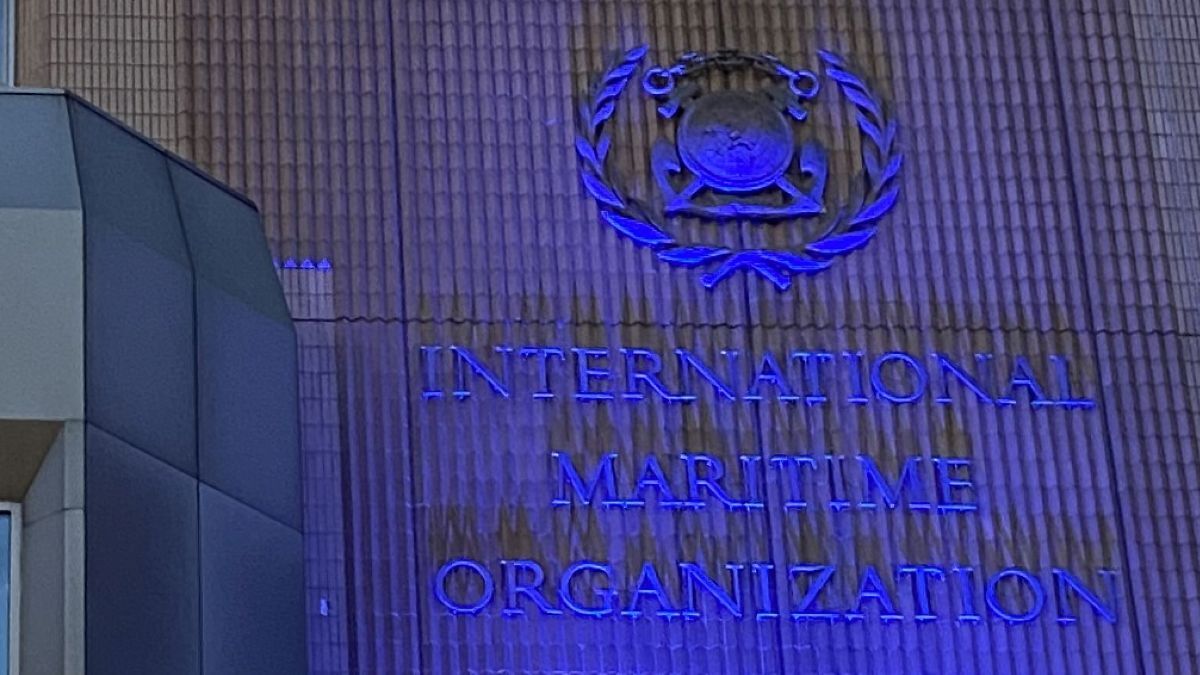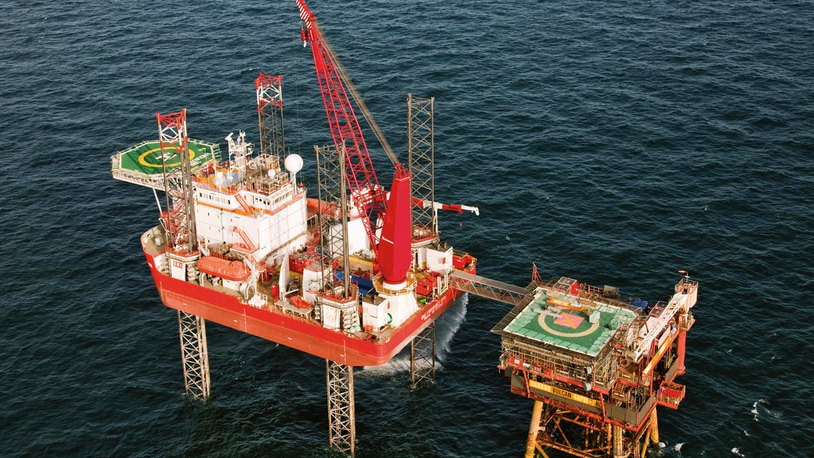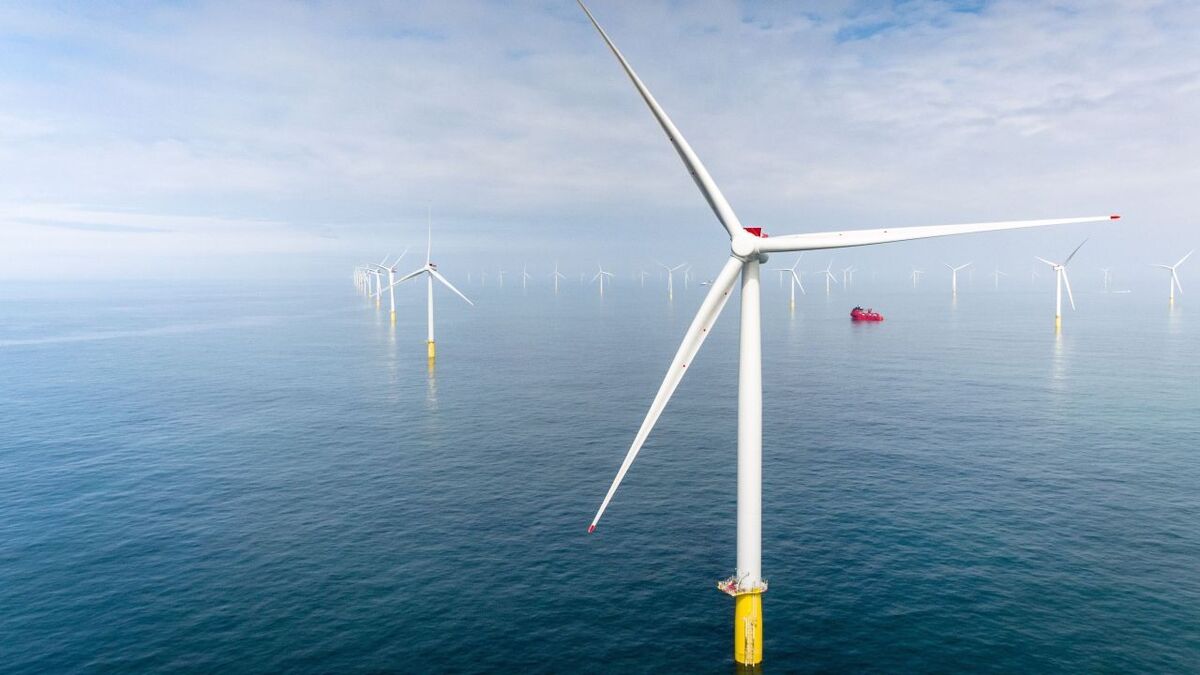Business Sectors
Events
Contents
Register to read more articles.
‘Fault-ridden’: Coast Guard legislation could ‘cripple’ US offshore wind industry
Alarm has been expressed in the offshore wind and offshore oil and gas industries about the potentially adverse effect of legislation recently proposed in the US
Responding to the passage of the Don Young Coast Guard Authorization Act of 2022 in the House of Representatives, American Clean Power (ACP) chief executive Heather Zichal said, “ACP strongly supports a robust Coast Guard and its mission to ensure maritime safety, security and stewardship.
“However, we are extremely concerned about the maritime crewing provision as it will cripple the development of the American offshore wind industry. If passed into law, this provision would prevent the US from achieving the administration’s target of deploying 30 GW of offshore wind by 2030.
“As the voice of industry, we remain committed to working with the US Senate to stop this anti-jobs provision from being enacted and holding back our nation’s ability to produce more sources of clean homegrown energy.”

Speaking to OWJ, leading figures in the offshore oil and gas and offshore wind industry said amendments to the bill not highlighted by political figures that support it could cause serious difficulties for offshore operators. They highlighted the potentially devasting effect of new flag, crewing and reporting compliance requirements in the legislation.
Referring to shipping giant Maersk’s recent order for a Jones Act wind turbine installation vessel, a vessel intended specifically to work in the fast-growing US offshore wind industry, one leading figure told OWJ, “How does Maersk plan to comply with amendments to the Coast Guard Authorization Act, Section 518, as proposed in Congress by Representatives Graves and Garamendi?
“How will Maersk as owner/operator of a foreign-flag wind turbine installation vessel manage compliance with the new stringent flag, crewing, reporting compliance requirements as outlined in this new congressional legislation?
“I wonder if Maersk was aware that their Jones Act feeder partners, Kirby Corp, are on record as supporting signatories to this new, fault-ridden legislation which, if ratified, may very well put an end to any foreign-flag wind turbine installation vessels and other specialist foreign-flag vessels operating offshore the US, halting all future US energy developments, renewables and oil and gas.”

Law firm Winston & Strawn has also highlighted the adverse effects of part of the legislation. It noted that on 2 March 2022, when the House Transportation and Infrastructure Committee reported favourably on HR 6865, amendments proposed by Representatives Graves and Garamendi on offshore manning legislation, a Coast Guard report on Jones Act enforcement, and a required report on the foreign survey vessels in US waters were part of the legislative package.
The Graves/Garamendi legislation was introduced 15 February 2022 and would restrict the citizenship of personnel manning vessels, rigs, platforms, and structures operating on the US outer continental shelf (OCS) in both the offshore wind and oil and gas industries.
Winston & Strawn reported that the legislation would modify the primary existing offshore manning exemption for foreign vessels to require such vessels to limit employment to US citizens, permanent US residents or citizens of the nation of vehicle or structure registry. “There is a further sub-limit applicable to permanent US residents. In other words, a Panama-flag vessel could only employ US citizens, US residents or Panamanian citizens when working on the OCS.”
Winston & Strawn said Representative Jake Auchincloss (D-MA) argued that the offshore manning legislation would harm the US offshore wind industry because that industry will rely on foreign installation and other vessels for the foreseeable future. Restricting manning would impede the industry without increasing US employment since there are no equivalent vessels under US-flag. The manning amendment was nevertheless adopted by an overwhelming vote.
The legislation also requires the Coast Guard to produce a report on any changes in its enforcement of the Jones Act or US registry requirements resulting from the jurisdictional amendment adopted on 1 January 2021. That amendment made it clear that federal law, including the Jones Act, applies to offshore renewable energy projects on the US outer continental shelf.
Finally, said Winston & Strawn, the legislation included a requirement that the Secretaries of Transportation and Homeland Security report within 180 days on the number of foreign vessels operating in US waters as “oceanographic research vessels” for the last 10 years.
“However, such vessels were long ago exempted from certain inspection requirements by statute and from the Jones Act by interpretations of Customs and Border Protection,” said the law firm, noting that, even so, the Offshore Marine Service Association alleged on 15 November 2021, that a foreign vessel was doing research work for an offshore windfarm project in violation of various laws including the Jones Act.
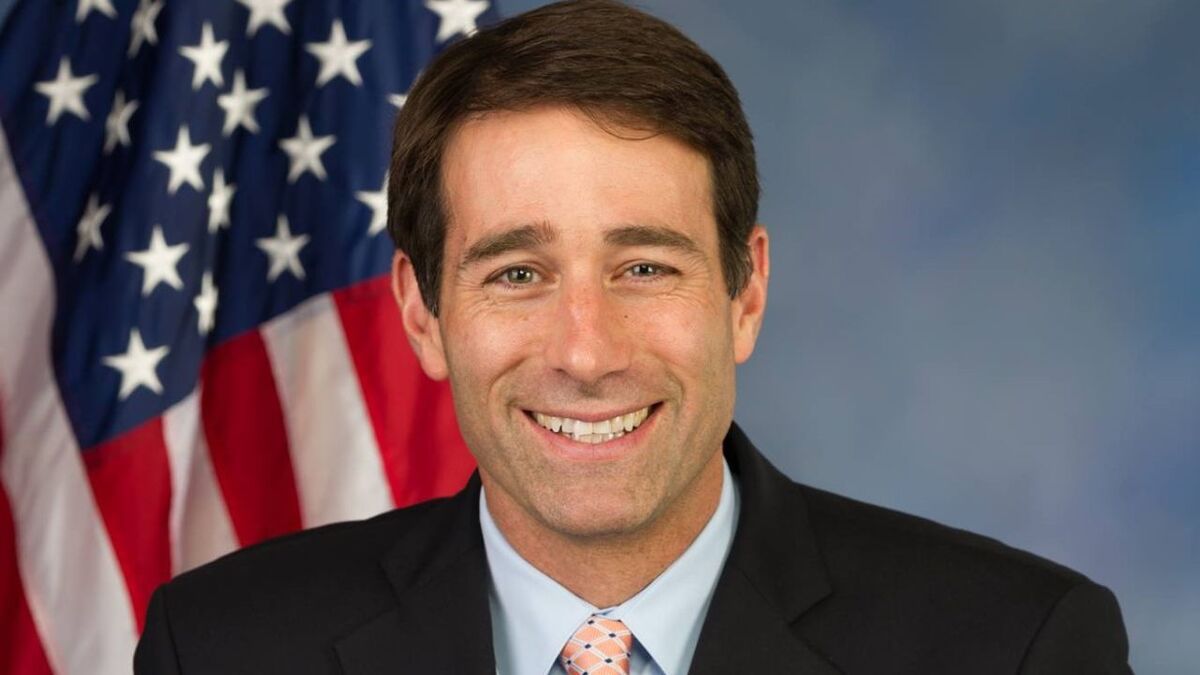
The bill was named for Representative Don Young, who served as the Chair of the Committee on Transportation and Infrastructure from 2001 to 2007, was a member of the Subcommittee on Coast Guard and Maritime Transportation for many years and recently passed away. Among other, more welcome effects, it authorises funding that will enhance Coast Guard operations and help them service, replace and modernise its cutters, and shoreside and cyber infrastructure.
Transportation and Infrastructure Committee Chair Peter DeFazio said, ““Today, the House fulfilled an important duty by passing the Don Young Coast Guard Authorization Act of 2022.
“Passage of this bipartisan legislation will ensure the Coast Guard can continue to carry out its critical missions including keeping our coastal communities safe, protecting our ports and waterways, supporting our marine environment, fighting drug trafficking, and responding quickly to dangerous emergencies and disasters. This legislation will honour the legacy of Don Young, who was a strong defender of the Coast Guard, an impactful leader in the world of transportation, and one of my oldest friends in the House of Representatives.”
Transportation and Infrastructure Committee Ranking Member Sam Graves (R-MO) said, “The Don Young Coast Guard Authorization Act will ensure that the service has the resources needed to protect our borders, intercept illegal drugs and migrants, support navigation and commerce, and safeguard those at sea.
“This bill will help provide the Coast Guard with vital assets to support its mission, such as an additional national security cutter and six more fast response cutters, and it includes a provision championed by Don Young to allow the Coast Guard to keep Russian vessels out of US waters during the ongoing Ukraine crisis, all of which will help ensure our Coast Guard is prepared for its current and future role in securing our nation.”
Related to this Story
Events
Maritime Environmental Protection Webinar Week
The illusion of safety: what we're getting wrong about crews, tech, and fatigue
Responsible Ship Recycling Forum 2025
© 2024 Riviera Maritime Media Ltd.


